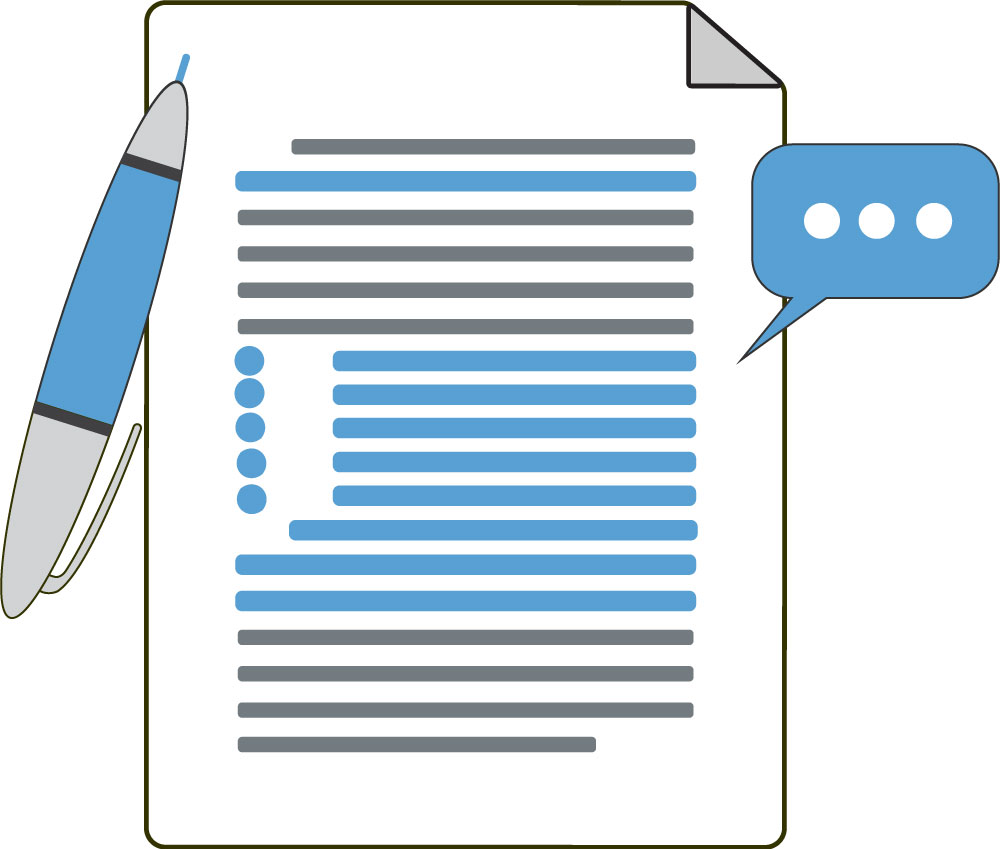
I had occasion recently to teach someone how to write effective editorial comments. It was an interesting exercise as it forced me to articulate principles I had absorbed over many years, some learned from painful experience. Here’s what came to mind:
- Know your place.
My job is to help the author produce the best quality document they can. I am not there to teach (though hopefully education will occur organically). I am not there to grade. I am not there to scold. I am definitely not there to aggrandize myself or show the author up. I am there to add value, to make the document better. In all my communication with an author, I should embody the principles I’m telling them to adopt: be clear, be respectful.
- Pick your battles.
My first pass is pretty merciless. But as the iterations continue, the number of comments should decrease. My basic rule is that I won’t repeat myself. If I feel strongly about a particular passage, or I just don’t feel the author understood me the first time, then I’ll take another stab at it. But after that, I stop nagging. A professional editor should have complete control over their inner perfectionist. It’s not your document. (See principle #1.)
- Make concrete suggestions.
The author should have no question about what you want them to do. Make it as easy as possible for the author to fix the problem. (Again, see principle #1.)
If the author’s intent is clear to you, then edit the text and leave a comment explaining the change. For example, a comment like “Wordy — please revise” is absolutely unhelpful. Edit the sentence, and if there’s a chance you’ve changed the author’s meaning, then just flag the change: “Tightened the sentence up. Please confirm I have not changed your intended meaning.”
If the text is ambiguous, then explain why and provide a number of alternative sentences in the comment — for example, “Ambiguous. If you mean X, I recommend something like ‘A,’ but if you mean Y, then I recommend ‘B.’ ”
- Avoid humour, sarcasm, and hyperbole.
Of all the people in the world, we should know best how difficult it can be to convey tone in writing. That’s why we have jobs. So unless you are very confident in your skills or very comfortable in your relationship with the author, don’t try to be cute in your comments. Just don’t. Save that for banter on the phone. The risks are too great.
- Avoid jargon.
Unless your author is an English major, avoid jargon like “subjunctive,” “direct object pronoun,” and “unidiomatic.” Nowhere should we embody the principles of plain language more than in our comments and cover letters. (Also, see principle #1.)
- Edit your comments!
Before returning the document, take the time to review each of your comments. Check for typos and missing words. Evaluate your tone and call to action. If you think you might be overly emotional, have a colleague review your comments for tone.
What principles would you add? Do you have some examples of more and less effective comments? Tell us below.
___
Previous post from Aaron Dalton: Checklists: Sharing Knowledge
The Editors’ Weekly is the official blog of Editors Canada. Contact us.
Discover more from The Editors' Weekly
Subscribe to get the latest posts sent to your email.
